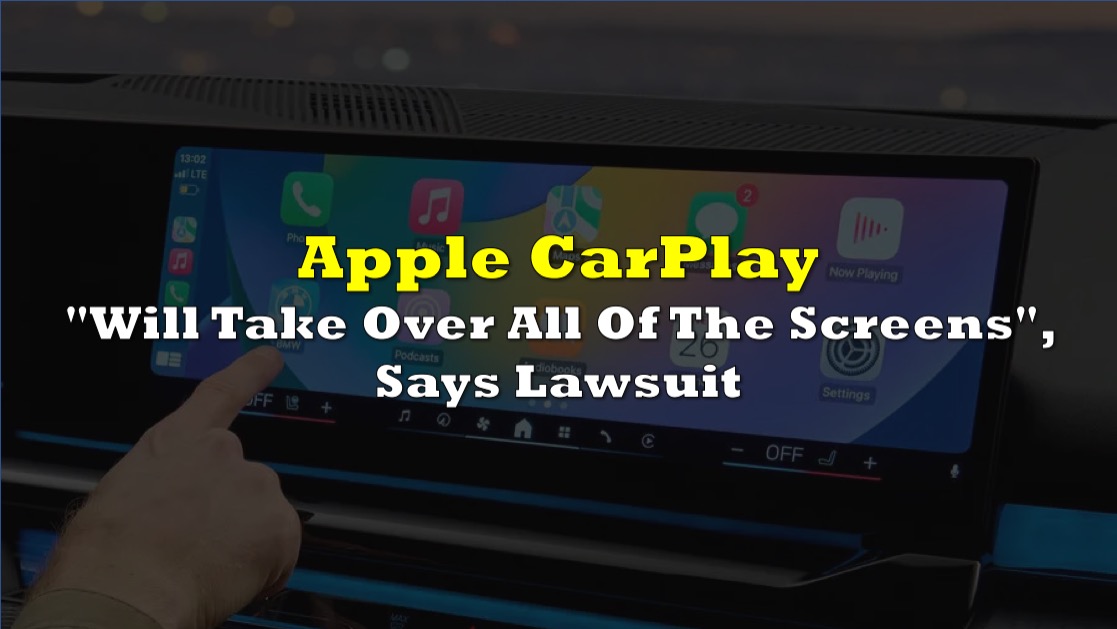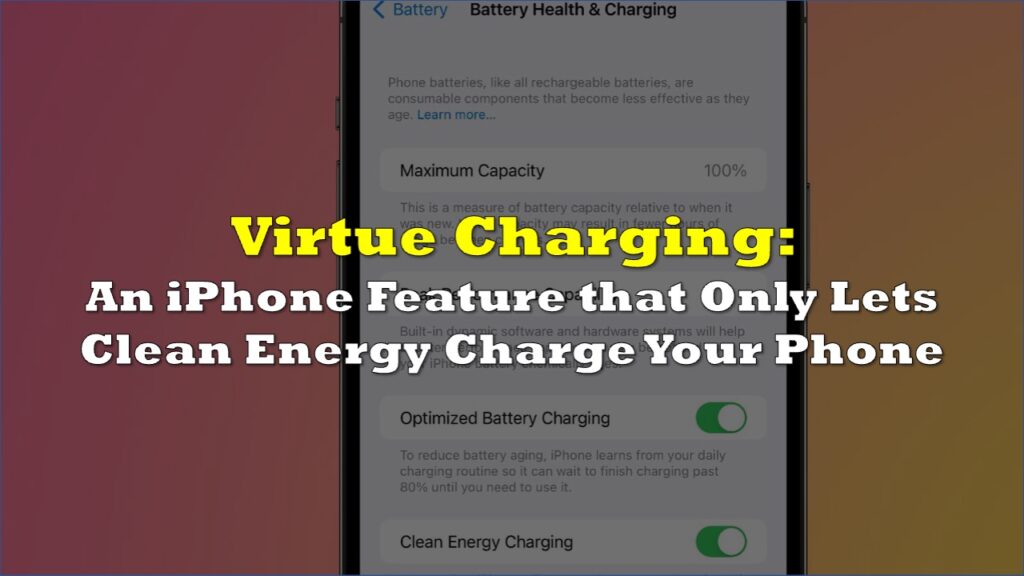The United States government has filed a lawsuit against Apple (NASDAQ: AAPL), alleging that the tech behemoth engages in anticompetitive practices aimed at solidifying its dominance in the smartphone market and extending its reach into various industries, including automotive, entertainment, and financial services.
The firm finds itself at the center of the sweeping lawsuit filed by the United States government and a coalition of states, including New Jersey, Arizona, California, Connecticut, and others. The crux of the complaint revolves around Apple’s alleged efforts to maintain a stranglehold on its iPhone platform and ecosystem, thereby stifling competition and innovation.
According to court documents, Apple’s tactics include imposing stringent rules and restrictions within its App Store guidelines and developer agreements, effectively creating barriers that discourage users and developers from migrating to alternative platforms.
“This case is about freeing smartphone markets from Apple’s anticompetitive and exclusionary conduct and restoring competition to lower smartphone prices for consumers, reducing fees for developers, and preserving innovation for the future,” the lawsuit said.
The legal move points to a pattern of behavior wherein Apple responds to competitive threats not by improving its offerings or lowering prices but by erecting obstacles that make it increasingly difficult for users and developers to seek alternatives. This, the plaintiffs argue, has led to a monopolistic grip on the smartphone market, with repercussions extending into other sectors such as financial services, fitness, gaming, and entertainment.
At its core, the case represents a concerted effort to challenge Apple’s anticompetitive conduct and restore a level playing field in the smartphone market. By addressing Apple’s alleged abuses of power, the plaintiffs aim to lower smartphone prices, reduce fees for developers, and foster an environment conducive to innovation and competition.
Apple CarPlay dominance
Of particular concern is Apple’s alleged plan to extend its dominance into the automotive industry through its Apple CarPlay platform. The lawsuit contends that Apple intends to mandate complete control over vehicle interfaces, forcing users to experience driving as an iPhone-centric affair.
Described as an extension of Apple’s “threatened dominance over the automotive industry,” the lawsuit paints a picture of a company aggressively seeking to expand its influence beyond smartphones and into the very infrastructure of modern vehicles.
“After leveraging its smartphone dominance to car infotainment systems, Apple has told automakers that the next generation of Apple CarPlay will take over all of the screens, sensors, and gauges in a car, forcing users to experience driving as an iPhone-centric experience if they want to use any of the features provided by CarPlay,” the suit said.
The implications of this move are profound. With infotainment systems becoming increasingly integral to modern vehicles, Apple’s aggressive maneuvering could stifle competition and innovation in the automotive sector. By monopolizing the digital interface of cars, Apple effectively shuts out potential competitors and alternative technologies, consolidating its grip on the market and limiting consumer choice.
Critics argue that Apple’s actions not only raise concerns about fair competition but also pose risks to consumer privacy and security.
Can't do this if you don't have the appropriate data flows: pic.twitter.com/SV70U6MUSe
— Sacha Sayan (@sachasayan) March 21, 2024
Last year, General Motors (NYSE: GM) announced it would be removing Apple CarPlay and Android Auto smartphone connectivity from its electric vehicles. The carmaker will instead outfit its new EVs with Google-supported infotainment systems.
“We believe a simple, seamless and built-in experience that integrates basic infotainment features with key vehicle systems is the best path forward,” said Anna Yu, a spokesperson for GM. “Requiring our customers to navigate in and out of different solutions and go back and forth for different needs is not seamless.”
In the antitrust suit, the plaintiffs want to prevent Apple from using its control of app distribution and private APIs to undermine cross-platform technologies, as well as “using the terms and conditions of its contracts with developers, accessory makers, consumers, or others to obtain, maintain, extend, or entrench a monopoly.”
Apple last traded at $171.37 on the NASDAQ.
Information for this briefing was found via the sources mentioned. The author has no securities or affiliations related to the organizations discussed. Not a recommendation to buy or sell. Always do additional research and consult a professional before purchasing a security. The author holds no licenses.









